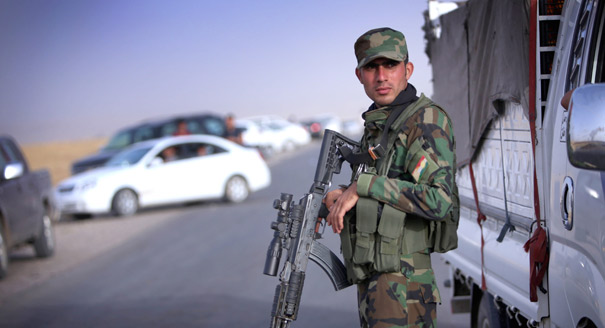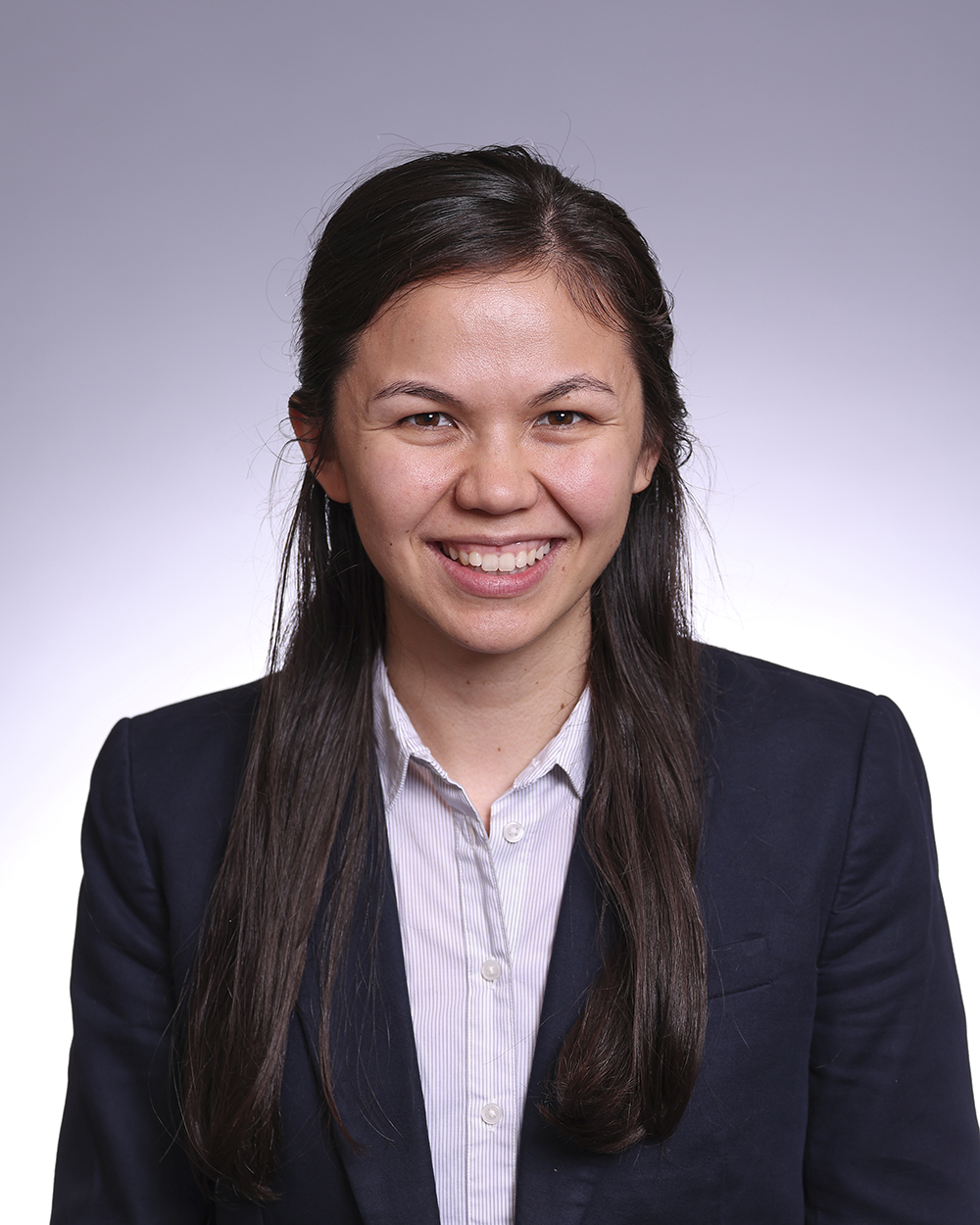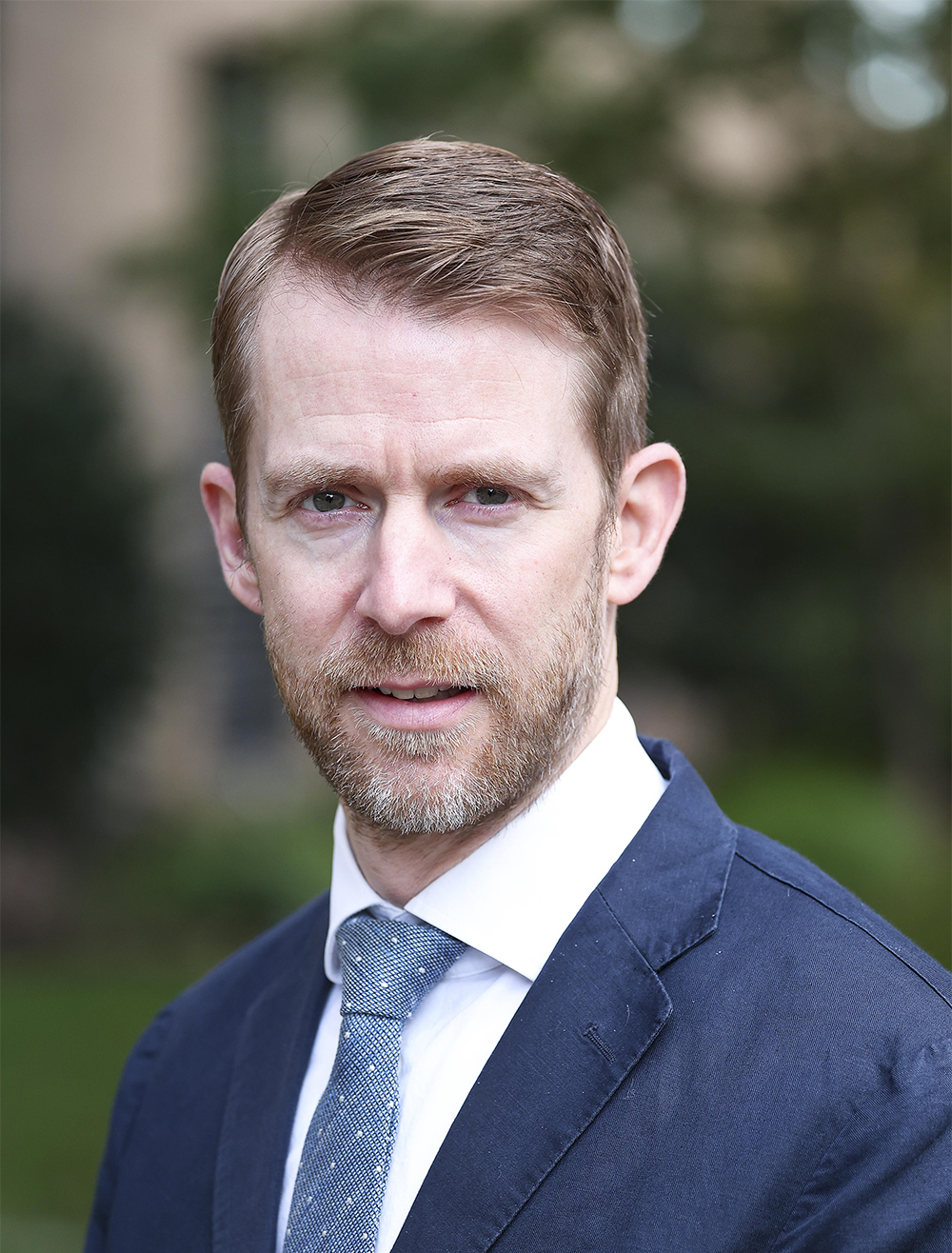Is Morocco’s migration policy protecting Sub-Saharan African migrants or managing them for political and security ends? This article unpacks the gaps, the risks, and the paths toward real rights-based integration.
Soufiane Elgoumri
{
"authors": [
"Frederic Wehrey"
],
"type": "legacyinthemedia",
"centerAffiliationAll": "",
"centers": [
"Carnegie Endowment for International Peace",
"Malcolm H. Kerr Carnegie Middle East Center"
],
"collections": [],
"englishNewsletterAll": "",
"nonEnglishNewsletterAll": "",
"primaryCenter": "Carnegie Endowment for International Peace",
"programAffiliation": "",
"programs": [
"Middle East"
],
"projects": [],
"regions": [
"Middle East",
"Iraq",
"Gulf"
],
"topics": [
"Political Reform",
"Security",
"Foreign Policy"
]
}
Much of the U.S. strategy towards Iraq will hinge on what goes on in Baghdad itself and the actions that the Iraqi government takes toward its own population.
Source: PBS Newshour
JUDY WOODRUFF: Back in Washington, President Obama begins consulting congressional leaders tomorrow. He plans to present the full strategy to the nation in a speech on Wednesday.
So, can the Islamic State group be destroyed and degraded, as President Obama laid out? For that, we get three views.
Feisal Istrabadi was Iraq’s deputy ambassador to the United Nations from 2004 to 2007. He’s now a professor of international law and diplomacy at Indiana University. Frederic Wehrey is a former U.S. Air Force officer who served in and around the Middle East, including in Iraq. He’s now at the Carnegie Endowment for International Peace. And Hussein Ibish is a senior fellow on the American Task Force on Palestine. He writes extensively on Middle East issues.
And we welcome all three of you back to the program.
I’m going to start with you, Hussein Istra — I’m sorry — Feisal Istrabadi. My mistake.
Is it realistic to say that the U.S. or anyone can destroy the Islamic State?
FEISAL ISTRABADI, Former UN Ambassador, Iraq: Well, I think that, I mean, you obviously can’t destroy an ideology, but you can go after the individuals who have signed up for this ideology and who have taken the field.
So, yes, I think you can, because they have — they represent a very small minority of the populations of the countries that they are in the midst of. There is a rising consensus amongst all the countries of the region and the peoples of the region that these people represent a direct threat in the region and internationally.
And I think that an appropriate response by the countries of the region in coordination with the United States and NATO allies can result and must result — indeed, we don’t seem to me to have much of a choice — in the defeat of these organizations.
JUDY WOODRUFF: Fred Wehrey, do you think it’s a realistic goal?
FREDERIC WEHREY, Carnegie Endowment For International Peace: Just to add to that, I mean, I think you can degrade and disrupt and destroy their combat capability.I mean, you’re talking about a hybrid military force that uses mechanized forces that is sweeping across territory. So you can really I think constrain that capability. But, as we heard, undercutting this movement’s ideology is going to be a long-term, perhaps even generational process. You’re really talking about removing a cancer from the region and undercutting that ideology.
JUDY WOODRUFF: Hussein Ibish, you’re nodding.
HUSSEIN IBISH, The American Task Force on Palestine: Yes, I like that analogy. It is exactly a cancer.
But it’s a cancer that’s metastasized into Iraq. And I think it’s maybe more doable to degrade them to the point that they’re a nuisance and a problem in Iraq, I think going after their stronghold in Raqqa, in Syria, where they are really quite dug in and where they are running what amounts to a mini-state that is, as Nabil Elaraby, the head of the Arab League, was just saying in your promo clip there, is a threat to the state system.
It’s not a state that wants to join the state system. It’s a state that posits itself as an alternative, not to Syria and Iraq, but to the whole Westphalian state system. I mean, it’s just — it’s a threat to the international structure as we have known it for hundreds of years.
JUDY WOODRUFF: So the president is talking about a staged approach here.
HUSSEIN IBISH: Yes.
JUDY WOODRUFF: Is that — is that — does that make sense? One assumes he is talking about starting in Iraq.
HUSSEIN IBISH: Yes. I think that’s right. I think it’s essential.
I think Iraq gives you the opportunity to build the coalition, and especially with local forces on the ground, with Sunni forces, Sunni tribal forces, even maybe some former Baathists, who — anyone who will join the campaign against ISIS would be welcome, and then from there, you could see how it could present new opportunities in Syria and change the dynamics in Syria.
JUDY WOODRUFF: Feisal Istrabadi, back to Iraq, though. We heard — we reported a few minutes ago the parliament has now signed off on Mr. Abadi as the new prime minister. Are the pieces coming into place now in Iraq for there to be a cooperative effort between the U.S., the Iraqis, the Kurds to go after ISIS?
FEISAL ISTRABADI: Yes.
And, of course, the Kurds are Iraqis. They are participating in this government. And their forces, the Peshmerga, are Iraqi forces provided for in the Iraqi constitution. I think we are seeing the beginning of the pieces falling into place, I think, although Iraqis have been optimistic in the past over the past eleven years, only to have their high hopes dashed.
I think most of us realize this may well be our last chance to keep our country together. We have to do a number of things at the same time, including fighting ISIS or ISIL, but we also have to make a compact that allows us to live with one another in peace and harmony to confront mutual enemies.
JUDY WOODRUFF: Fred Wehrey, just building on that, the question, I think, in so many people’s minds, is, OK, what — when the president said a minute ago these other countries need to be involved, and he named Jordan, the UAE, Turkey, what can we look for from these countries because they all relate to this in very different ways?
FREDERIC WEHREY: They do. They all have links into Iraq and Syria.
I think we’re going to be looking at certain capabilities that are leveraged. They’re not all going to be applying military power to this problem. They are going to be leveraging their tribal links. They’re going to be tackling the finances of ISIL.
JUDY WOODRUFF: What do you mean leveraging tribal links?
FREDERIC WEHREY: Well, they’re going to — they’re going to — they have linkages. There are tribes that straddle the border that they tribal linkages between these countries and they will probably try to engage the Sunni tribes in those countries to peel them away from ISIS through cash, through incentives.
They have excellent intelligence networks. They will tackle the refugee problem. But, again, I don’t think we should expect all of them to be sending jets into the air long — with some massive military coalition.
JUDY WOODRUFF: So you’re saying it’s mainly a U.S. military…
FREDERIC WEHREY: Unfortunately, I think, in terms of actual value-added, I don’t think many of these countries have the capability, perhaps the United Arab Emirates or Turkey.
But, again, we’re talking — for the type of precision campaign that you need to avoid collateral damage and to go after the key leadership nodes, you’re talking really about a U.S. and perhaps some NATO countries.
HUSSEIN IBISH: I do think there have to be boots on the ground, of course, though, to replace ISIL fighters when they are defeated. And I think that can’t be sectarian forces in — either in Iraq or in Syria, or perceived to be sectarian forces.
JUDY WOODRUFF: Well, who is that?
HUSSEIN IBISH: So, it’s got to come from the local Sunni population.
It’s got to come mainly from the people the ISIS is now claiming to represent and they have got to be flipped. One of the things that coalition partners can bring to the table beyond just the military, the law enforcement and the financial crackdown is the credibility, the Sunni Arab credibility that this is not an attack on Sunnis, that this is not shilling for sectarianism or for Iran or for Shiites or anything like that, that this is essential for the Arab Sunnis as a collective and for local Arab Sunnis in Iraq and ultimately in Syria as well.
JUDY WOODRUFF: Well, and you bring up something that I want to turn to Feisal Istrabadi on.
And that is, when this is done, assuming it gets done and however long it takes, who is going to be in place to hold the — this — the situation stable and to keep it from falling apart again? Whose boots are they going to be?
FEISAL ISTRABADI: Look, you cannot say on the one hand you cannot have — we shouldn’t have sectarian forces in Iraq, a proposition with which I agree, and then on the other hand say, but there need to be Sunnis in these areas.
What we need to do is build institutions of the state. Unfortunately, we have wasted the last eight years, so we have to build state institutions at the same time that we are doing this work. It’s going to be extremely difficult, but this is the challenge the new prime minister has before him, to build truly Iraqi — an Iraqi security force that all groups and sects and nationalities that constitute Iraq buy into.
If we’re unable to do that, and if we say the Shia have to patrol the Shia areas and the Sunni the Sunni areas, we’re really talking about the de facto and perhaps the de jure division of Iraq. And if that happens, then we have a true Pandora’s box in which Iraq ends up looking like Somalia.
FEISAL ISTRABADI: We need to build state institutions.
HUSSEIN IBISH: No, I’m not actually saying that. What I am saying is that any force that is on the ground that takes the place of ISIS has to have credibility with the local population. That’s essential. That’s really…
FEISAL ISTRABADI: That’s another story.
HUSSEIN IBISH: Fine. That’s exactly what I’m…
FEISAL ISTRABADI: That, I agree with.
HUSSEIN IBISH: OK.
FEISAL ISTRABADI: That, I agree with.
JUDY WOODRUFF: Fred Wehrey, how does the U.S., in trying to manage or help oversee all this, ensure that the things happen that the three of you are describing?
FREDERIC WEHREY: Well, we don’t always have a good track record of social engineering these sorts of things.
It’s going to be very shaky. We know that many of these states compete with one another, that — within the Gulf — to say that there’s a unified Sunni bloc is a bit of a misnomer. There’s really a Sunni cold war going on right now. So it’s going to be a very delicate task. But I think much of it hinges on what goes on in Baghdad itself and the actions that the Iraqi government takes toward its own population.
JUDY WOODRUFF: And we already see it’s moving from one president, administration in this country, to the next one. The president has already said it’s going to go beyond the term — his term in office.
We thank you, all three, Fred Wehrey, Hussein Ibish, Feisal Istrabadi. We appreciate it.
FEISAL ISTRABADI: Thank you.
HUSSEIN IBISH: Thank you very much.
Carnegie does not take institutional positions on public policy issues; the views represented herein are those of the author(s) and do not necessarily reflect the views of Carnegie, its staff, or its trustees.
Is Morocco’s migration policy protecting Sub-Saharan African migrants or managing them for political and security ends? This article unpacks the gaps, the risks, and the paths toward real rights-based integration.
Soufiane Elgoumri
In return for a trade deal and the release of political prisoners, the United States has lifted sanctions on Belarus, breaking the previous Western policy consensus. Should Europeans follow suit, using their leverage to extract concessions from Lukashenko, or continue to isolate a key Kremlin ally?

Thomas de Waal, ed.
As states without nuclear weapons develop nuclear-powered submarines, can NWFZ regimes adapt to manage new technical, legal, procedural, and normative challenges?


Jamie Kwong, ed., Toby Dalton, ed., Celia McDowall, ed.
As the first states without nuclear weapons set to acquire nuclear-powered attack submarines, Australia and Brazil face new questions and challenges as they seek to responsibly manage the risks of naval nuclear propulsion.


Jamie Kwong, ed., Toby Dalton, ed.
Venezuelans deserve to participate in collective decisionmaking and determine their own futures.

Jennifer McCoy